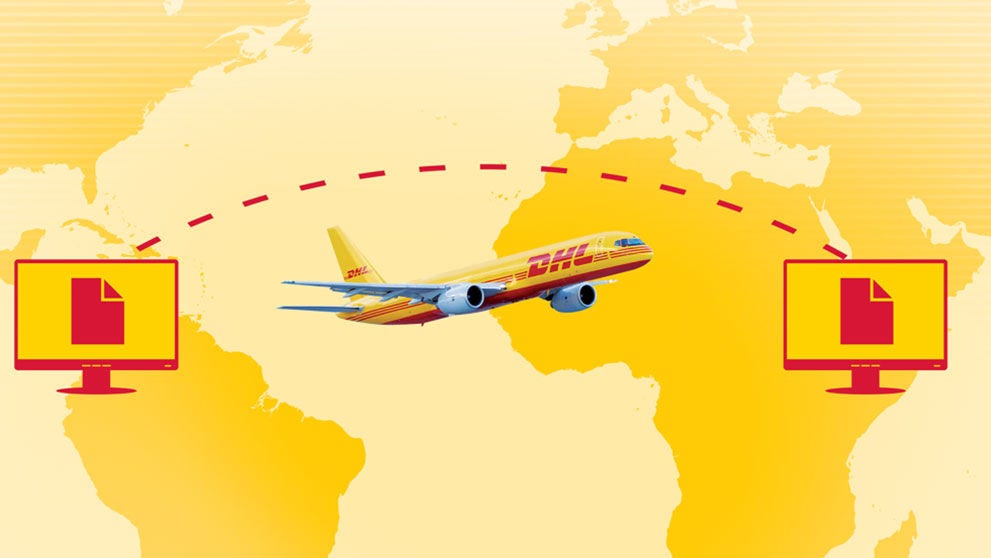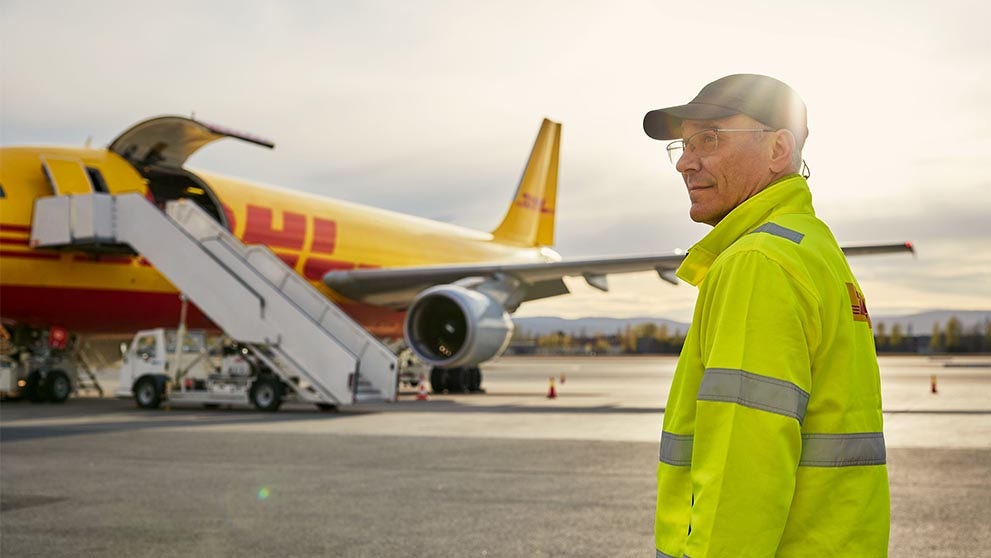The South African Revenue Service (SARS) is leading the charge in digital customs facilitation. Through its Customs Modernisation Programme, SARS is using data and digital tools to speed up processing, slash paperwork, and strengthen border security. The Single Window platform, developed with Transnet, lets carriers submit documents once—saving time and reducing errors. And the new Border Management Authority (BMA) means even tighter controls and smoother cross-border movement.
Logistics partners like DHL Express are already putting these advances into practice. Electronic pre-arrival filings and automated declaration systems cut delays. Digital engagement with customs and clearing agents means less waiting and fewer mistakes. The result? Exports clear faster and reach customers around the world with less hassle.
Connecting to Africa and Beyond: The Power of Digital Trade
The African Continental Free Trade Area (AfCFTA) is a game-changer, promising access to a market of 1.3 billion people. But to make the most of it, exporters need to navigate a maze of different rules and requirements. The AfCFTA Digital Trade Protocol is changing that—harmonising standards for e-commerce and data so goods, services, and information can flow more freely across borders.
Digital platforms are key here. Tools like the eTradeHubs portal put tariff information, duty calculators, and regulatory requirements for multiple countries at your fingertips, 24/7. For MSMEs, digital solutions make it easier than ever to register a business, comply with tax and customs laws, and break into new African markets.
Reaching New Markets: Digital as Your Launchpad
Of course, compliance is just the beginning. The real opportunity lies in market expansion—and digital is the springboard. Online marketplaces like Amazon Global Selling and Alibaba let South African businesses—small and large—connect with buyers from Nairobi to Berlin, cutting out the middlemen and levelling the playing field.
Digital marketing tools, from social media analytics to SEO, help exporters spot demand trends and target the right customers. AI-driven logistics platforms optimise shipping routes and costs, making global distribution more efficient than ever. And by aligning with global standards—like the WTO’s Trade Facilitation Agreement—South African exporters can access the world’s biggest markets with fewer obstacles.









